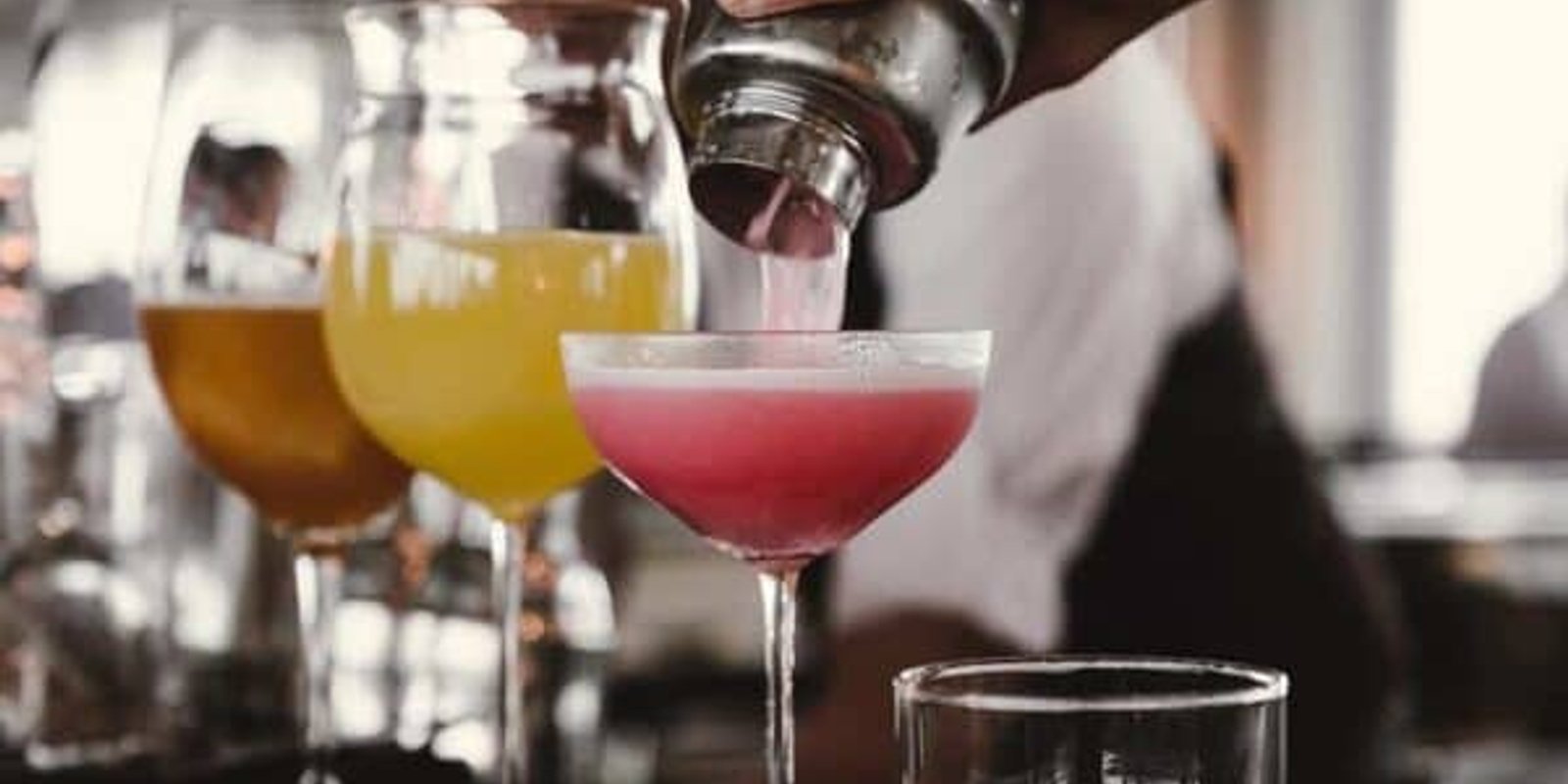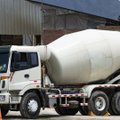Over Serving Alcohol Law: Can You Sue the Bar in Arizona?
What is Arizona’s Over Serving Alcohol Law
When you are involved in an accident with a drunk driver and you learn that he was leaving a bar, you may wonder: does the bar have responsibility? After all, they may have over-served the driver.
The injury attorneys at Phoenix Accident and Injury Law Firm in Phoenix have significant experience in helping clients who have been victims of DUI accident in Arizona, including ones where bars have been accused of violating Over Serving Alcohol Law in Arizona. If you need help filing a claim for one of these awful, life-changing accidents, we are here to help you get the compensation you deserve. Our offices are conveniently located in Chandler, Peoria, and North Phoenix, and we can meet in person or [over the phone](tel: (480) 680-8125) or video call. You can contact us for a free consultation, or read on to find out more.
By the way, we will also help with other problems that have cost you sleep, like getting a rental car very soon and finding a nearby doctor or psychiatrist who can help get your life back on track. Even the best legal team isn’t good enough if your quality of life isn’t sustainable while justice and compensation are on the way. The whole point of legal action is to regain quality of life, so we help you long-term as attorneys and short-term as your go-to people. Our familiarity with the local Phoenix courts and Over Serving Alcohol Laws makes us confident that we can help you get the best settlement possible.
If you are unsure whether or not you can afford an attorney, don’t worry. We only get paid when you settle. Check out our Attorney Fees Calculator to find out more.
Over Serving Alcohol Law: BAC on the Books in Arizona
Under Arizona law A.R.S. § 28-1381, a blood alcohol concentration of 0.08 confers the status of DUI on a driver.
It is unlawful for a person to drive or be in actual physical control of a vehicle while under the influence if the driver is slightly impaired, or if the person has an alcohol concentration of 0.08 or more within two hours of driving or in actual physical control of the vehicle.
Once BAC exceeds 0.15, Arizona law A.R.S. § 28-1382 comes into play. A BAC of 0.15 or more but less than 0.20 is the first level of “extreme influence of intoxicating liquor.” A BAC of 0.20 or more is the second, even more, extreme level.
The higher the level of alcohol influence, the higher the minimum penalty for conviction. If a person is convicted of a § 1381 (alcohol impairment, BAC between 0.08 and 0.15) crime, they are sentenced to 10 days in prison, fined a minimum of $1,250, and may be required to perform community service.
Someone convicted under the first clause of § 1382 is sentenced to no less than 30 days in jail. He or she may be fined a minimum of $2,500, and other punishments that the court may choose to levy.
Someone convicted under the second clause of § 1382 (BAC higher than 0.20) is sentenced to no less than 45 days in jail, fined a minimum of $2,750 and is still eligible for the penalties levied for a conviction under a lower BAC.
And How Did He Get That BAC?
The Over Serving Alcohol Law increases penalties for higher BAC levels applied to drunk drivers. Now, if his 0.17 BAC came from the driver downing half a bottle of whiskey in the privacy of his own home, obviously full responsibility rests with him.
But what if the driver was driving home from a bar? And what if the bartender had served him drink after drink—even once it became apparent that his blood alcohol level had risen to the level of impairment, thereby over-serving him?
Here enters Arizona’s Dram Shop Laws, which prohibit a bar from serving alcohol to an intoxicated individual. The three things that should be proven to convict are:
- that a licensee sold an intoxicated individual spirituous liquor
- that individual consumed the liquor
- the consumption of the liquor was the proximate cause of the plaintiff’s injuries
The intent of these Over Serving Alcohol Laws appears to put bars and taverns on notice that they are liable for alcoholic patrons. The actions of employees may impugn upon the establishment itself.
Does the driver’s BAC make a difference in impugning the bar? After all, you’d assume a higher BAC means a higher level of irresponsibility.
Let’s check if that’s true in Arizona.
Over Serving Alcohol Law C__ase_:_ S__wartz and Taylor
In Swartz, a 23-year-old male was rear-ended by an individual who served at Funbar. The driver had consumed six drinks in 40 minutes. The driver had a BAC of 0.16, twice the legal limit in Arizona. The parents, plaintiffs in this case, argued that Funbar did not act properly when serving the driver, did not have adequate checks on beverage service, and should have offered the driver an alternate ride home. Funbar claimed it acted reasonably, that the staff got proper training to recognize alcohol overconsumption, and they were not responsible for the decedent’s death.
Understanding Over Serving Alcohol Law C__ase
The case got the settlement out of court for Funbar’s insurance policy limit of $1 million.
In Taylor, Neuling struck a 22-year-old male pedestrian, a bartender at the Point Hilton Squaw Peak Resort. Neuling, while off duty, had consumed more than 11 ounces of alcohol at the resort over four hours and 45 minutes. Neuling’s BAC at the time of the incident was between 0.14 and 0.16. Reports varied about her speed, anywhere from 5 MPH over the speed limit to 20 MPH over the posted speed limit. The resort denied any responsibility and blamed both Neuling and the decedent. Neuling claimed the decedent should not have walked into the street with oncoming traffic, no traffic signal, and no crosswalk.
Over Serving Alcohol Law C__ase: What Happened in the End?
This case made it to the courtroom. The jury awarded the decedent’s parents $30,000 and found the decedent 40% responsible for the incident. Neuling was 40% responsible, and the resort was 20% responsible for the incident.
In Swartz, while Funbar originally claimed that they had acted reasonably and responsibly, they ended up settling out of court for Funbar’s insurance policy limit of $1 million.
In Taylor, the resort denied all responsibility and blamed the driver and the decedent. Even when the case went to court, the resort was only 20% responsible.
The driver’s BAC (in both cases around 0.16 at the time of the incidents) seems to play little if any, role in implicating the establishment where he bought the liquor. Significantly more important were the bar’s policies and actions on the day of the incident. The defining difference between the two cases seems to be the timespan in which they served the drinks and the obvious effects a bartender could have observed or should have anticipated.
In Swartz, the driver got six beverages over 40 minutes, or approximately one drink every seven minutes. The driver had also been drinking for some hours before arriving at Funbar. He appeared inebriated before leaving.
In Taylor, the driver, Neuling, had consumed approximately 11.3 ounces of alcohol over 4 hours and 45 minutes. This means she consumed approximately one and a half drinks per hour while at the bar.
The bar in Taylor, though it could have done more to stop Neuling, served her far fewer drinks per hour than the bar in Swartz. The resort felt that they were not responsible, as they chose to go to court instead of offering a settlement, despite their having an insurance policy like Funbar’s. The jury, too, although the fault percentages they assigned indicated some responsibility on the part of the resort, clearly felt the resort’s negligence did not rise to the level required for the exemplary damages award.
In contrast, Funbar was over-serving an already obviously intoxicated individual. It would likely be liable for the decedent’s death. Swartz never went to trial, and it’s very possible that the high settlement was a reflection of the defense’s fear of a jury awarding punitive damages.
Does blood alcohol concentration affect DUI and Over Serving Alcohol Law penalties for the bar?
When it comes to impugning an establishment, these cases show the little role, if any, played by the driver’s BAC at the time of the incident.
It is telling that the settlement amount in one case was higher than the actual recovery. If you’re involved in a case involving a DUI accident in Arizona as a result of Over Serving Alcohol Law penalties, research into the settlement versus recovery amounts should be done. Take into account establishment insurance policies to determine if the plaintiff should take a settlement offer rather than proceed to trial.
Get Help Now for Over Serving Alcohol Law Penalties
At Phoenix Accident and Injury Law Firm near you, we have more than 15 years of experience helping clients with regards to Over Serving Alcohol Law and obtaining compensation for their injuries from DUI accident in the Arizona area, including those where over-serving is a factor. When you’re ready to talk, please contact our office to arrange a [free initial consultation by phone](tel: (480) 680-8125) or at our Chandler office, conveniently located near you.
If you have been in a DUI accident in Arizona, contact Phoenix Accident and Injury Law Firm in nearby Chandler, AZ to speak with an experienced personal injury attorney. We provide personal injury legal services to clients in your area including Chandler, Gilbert, Mesa, Scottsdale, Tempe, and Peoria.











